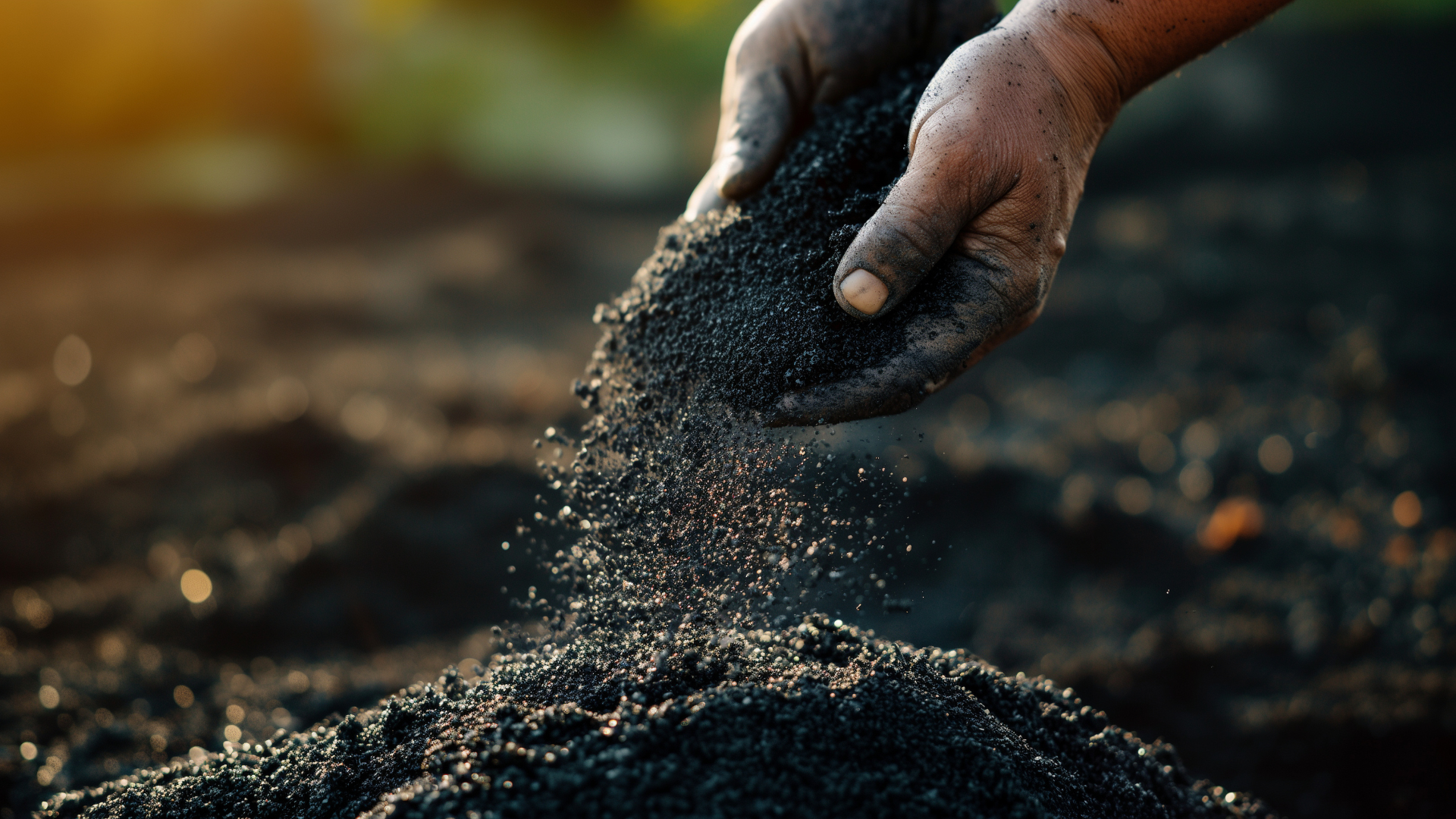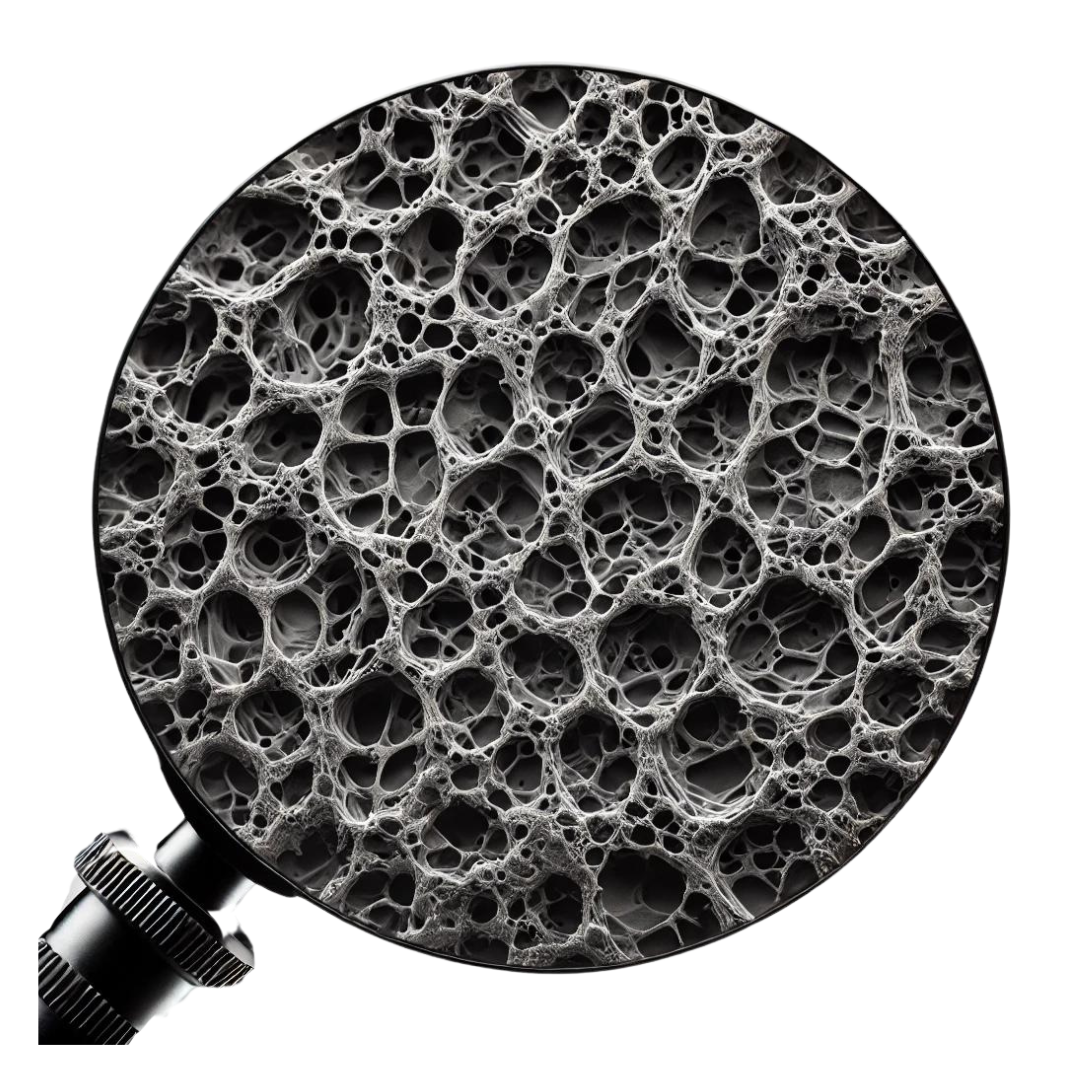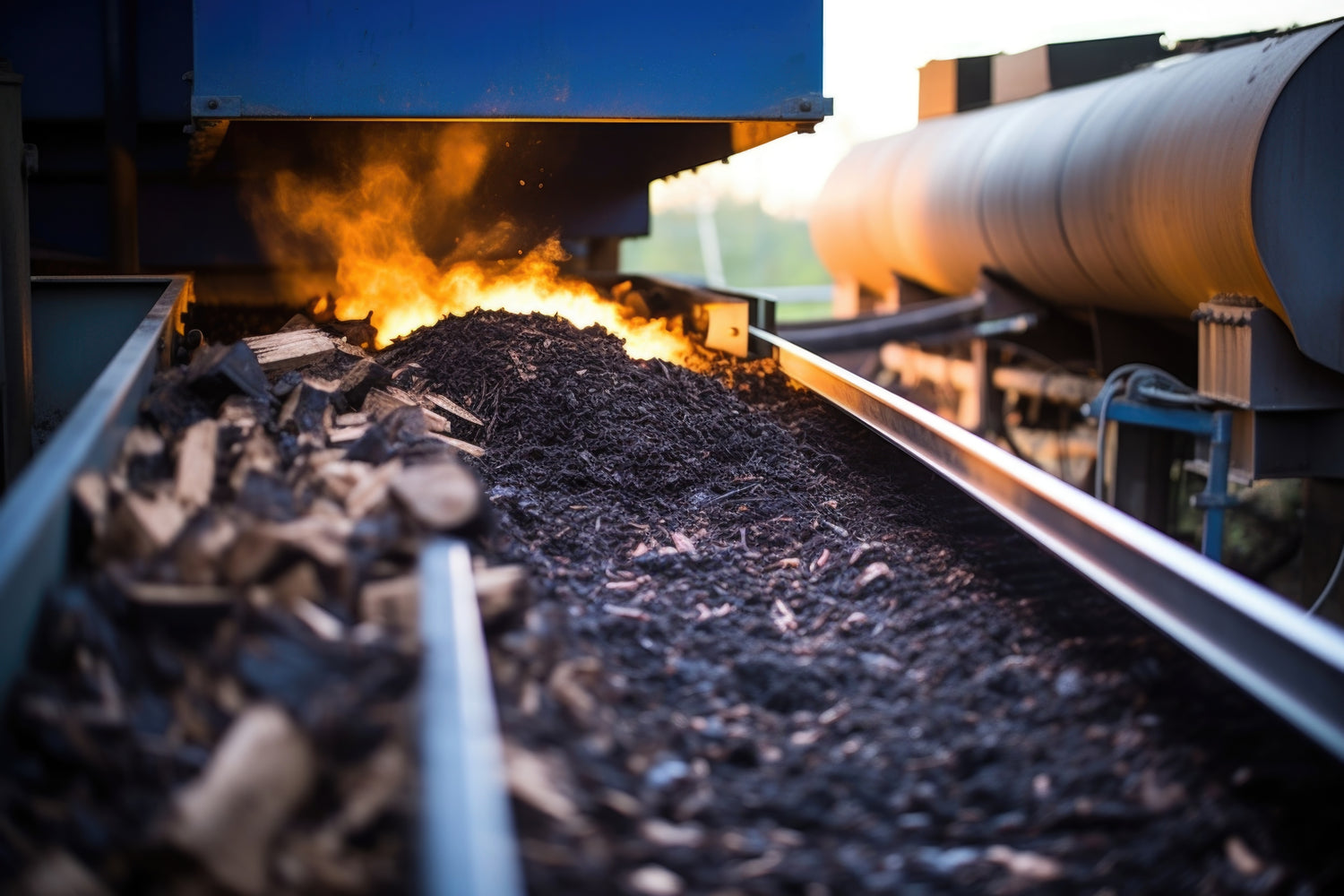
Harnessing the Power of Biochar for Sustainable Carbon Solutions
WHAT IS BIOCHAR
BIOCHAR: AN OVERVIEW
Biochar is a carbon-rich material made by heating organic matter, like wood or crop residues, in a low-oxygen environment through a process called pyrolysis. Unlike regular charcoal, which is used for fuel, biochar is designed to improve soil. When organic matter decomposes naturally, it releases greenhouse gases (GHGs) into the atmosphere, contributing to climate change. Living plants absorb CO2, but this CO2 is released back into the atmosphere when they die. However, when biomass is turned into biochar through pyrolysis, the carbon is locked in for hundreds of years, preventing GHG emissions.

Composition of Biochar
The composition of biochar can vary depending on the source material and production process, but it generally contains:
Carbon: The primary component, which helps sequester carbon in the soil, reducing greenhouse gas emissions.
Minerals: Including calcium, potassium, and magnesium, which are beneficial for plant growth.
Porous Structure: Biochar's unique structure provides a large surface area that enhances soil's ability to retain water and nutrients.

WHY HEMP?
Hemp biochar, in particular, is made from the stalks and other byproducts of hemp plants, offering unique benefits compared to other types of biochar.
When biochar is integrated into soil management practices, its benefits are amplified. Biochar enhances soil structure, increases water retention, and provides a habitat for beneficial microorganisms. This synergy between hemp and biochar can lead to more resilient, productive agricultural systems.
Combining hemp cultivation with biochar application represents a holistic approach to soil health and carbon sequestration. Research has shown that biochar can enhance the growth and biomass production of hemp, leading to greater carbon sequestration.
BENEFITS OF HEMP BIOCHAR VERSUS OTHER TYPES
-

Nutrient Content
Hemp biochar tends to have higher levels of essential minerals like potassium and magnesium compared to biochar made from wood or other crop residues. These minerals are crucial for plant health and growth.
-

Carbon Sequestration
Hemp plants grow rapidly and absorb substantial amounts of atmospheric carbon dioxide. Additionally, creating biochar from hemp locks the carbon in the soil for hundreds of years, enhancing long-term carbon storage.
-

Sustainability
Hemp is a highly sustainable crop, requiring fewer pesticides and less water than many other crops. This makes hemp biochar a more environmentally friendly choice.
-

Enhanced Soil Structure
Hemp biochar’s fibrous nature can improve soil aeration and structure more effectively than other types of biochar, promoting healthier root development.
1
/
of
4




